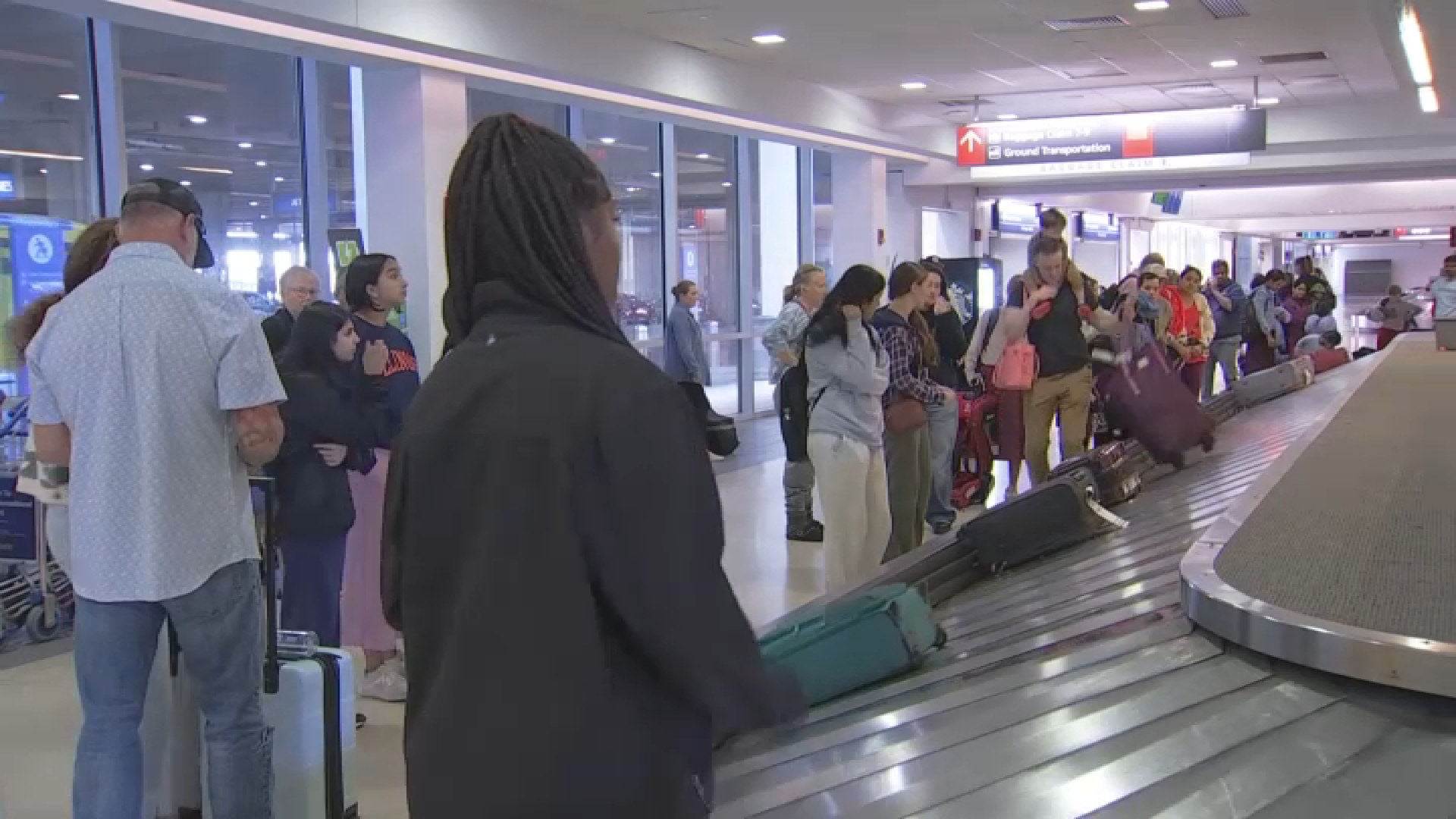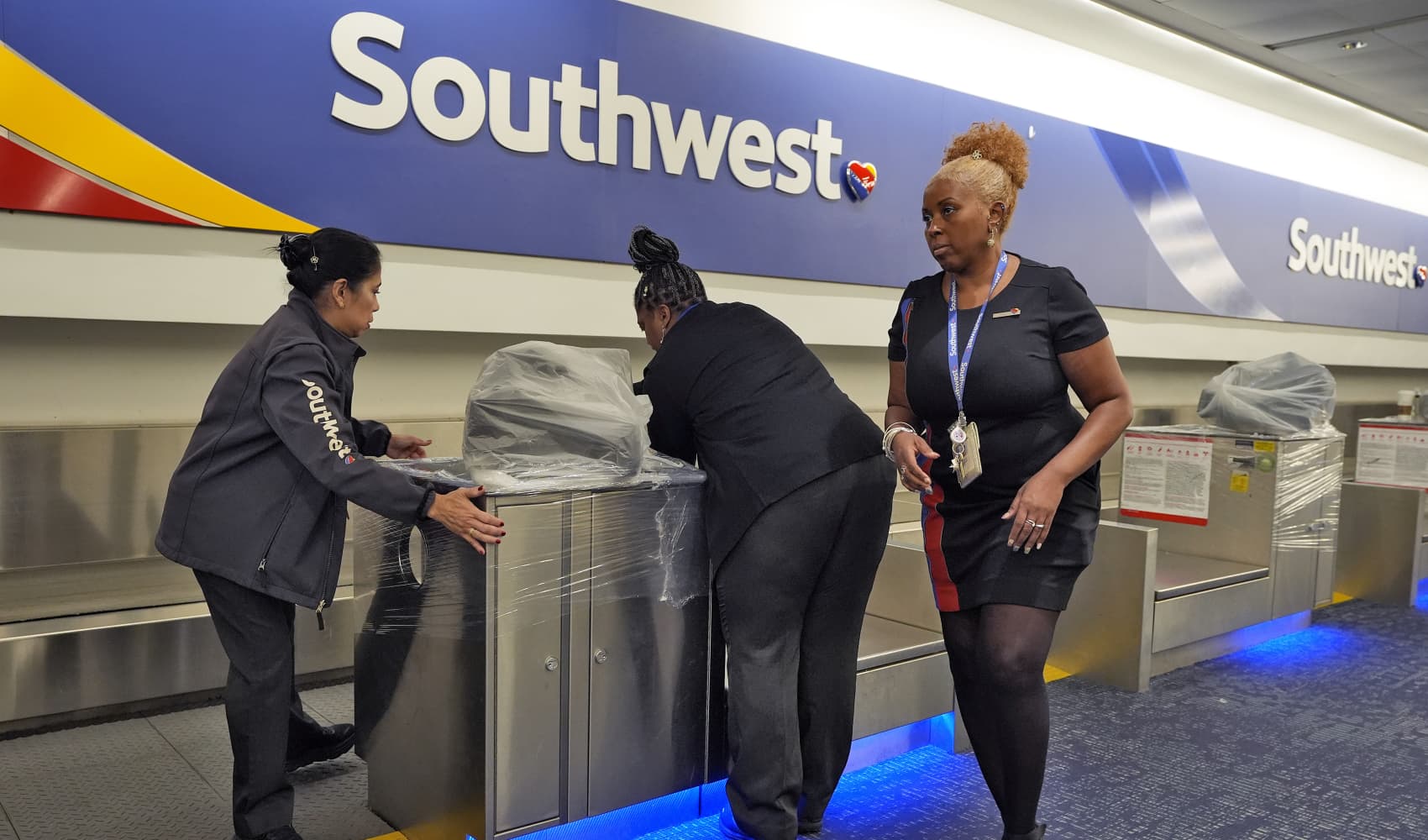As the Florida region prepares for Hurricane Milton while still recovering from Hurricane Helene, the Philadelphia area has not seen much of an impact from the two storms as far as the weather. Yet the Delaware Valley is still feeling the effects of the storms in a different way.
Hurricane Helene led to the closure of a facility in North Carolina that supplies the nation with IV fluid bags. As a result, hospitals across the country – including in the Philadelphia area – have had a shortage of IV fluid.
Hurricane Milton
The Main Line Health Bryn Mawr Hospital is one of many across the tri-state that relies on the company Baxter for their IV fluid supply. The shortage caused Main Line Health to only receive 40 percent of the supply they normally use, however.
Get top local stories in Philly delivered to you every morning. Sign up for NBC Philadelphia's News Headlines newsletter.
“We’ve changed how we order fluids. What type of size of bag of fluid that we use,” Dr. Jonathan Stallkamp, the Chief Medical Doctor of Main Line Health, told NBC10. “Where we use fluids and maybe where we encourage more oral hydration and getting people to drink Powerade or Gatorade.”
The American Hospital Association called on President Joe Biden to help with the shortage.
“Our members are already reporting substantial shortages of these lifesaving and life-supporting products,” a spokesperson wrote in a letter to Biden on Monday. “Patients across America are already feeling this impact, which will only deepen in the coming days and weeks unless much more is done to alleviate the situation and minimize the impact on patient care.”
The association is asking for the Food and Drug Administration (FDA) to declare a national shortage and extend expiration dates allowing hospitals to prepare their own sterile IV.
“Really encouraging our government to look at this as a public health emergency,” Dr. Stallkamp said. “When you lose 60 percent of your supply out there, that’s really going to impact healthcare across the country.”




